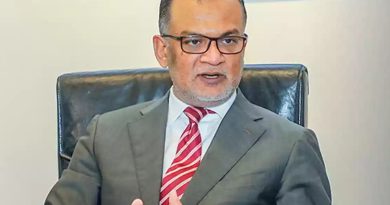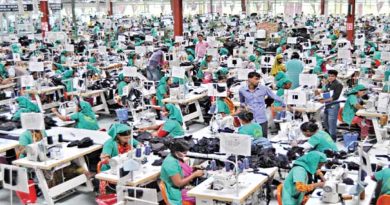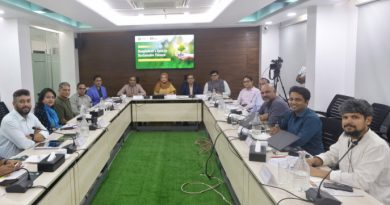Bangladesh has signed an agreement with the UK to modernise its customs administration, a move officials say will ease trade bottlenecks and strengthen the country’s competitiveness ahead of its graduation from least-developed-country (LDC) status in 2026.
The memorandum of understanding, signed in Dhaka on Monday between the National Board of Revenue (NBR) and His Majesty’s Revenue and Customs (HMRC), will bring British technical assistance, training and advisory support to overhaul customs operations.
The reforms will prioritise stronger risk management systems, full implementation of the WTO Trade Facilitation Agreement, and expansion of the Authorised Economic Operator (AEO) programme, which allows trusted traders faster clearance at ports.
“This agreement is a valuable step in our efforts to modernise customs and improve trade facilitation,” said NBR Chairman Md Abdur Rahman Khan. “We welcome the UK’s technical support to strengthen our systems and drive economic growth.”
As part of the deal, HMRC will provide both in-person and remote training, staff exchanges and advice on risk profiling and data-sharing. The British High Commission in Dhaka described the initiative as part of wider UK support for Bangladesh’s economic development.
“Efficient customs systems will play a vital role in unlocking growth as Bangladesh graduates from least-developed-country status,” said Martin Dawson, deputy development director at the High Commission.
Customs inefficiency has long been a hurdle for businesses, marked by slow processing, outdated technology and corruption. Previous reform attempts were often undermined by capacity gaps and vested interests. Analysts believe external partnerships like this could help introduce global best practices and restore confidence among international partners.
Officials say the agreement also sends a broader signal. “This MoU shows our commitment to strengthening institutions and preparing for the future. It is not only about customs—it is about Bangladesh’s place in the global economy,” said an NBR official.






